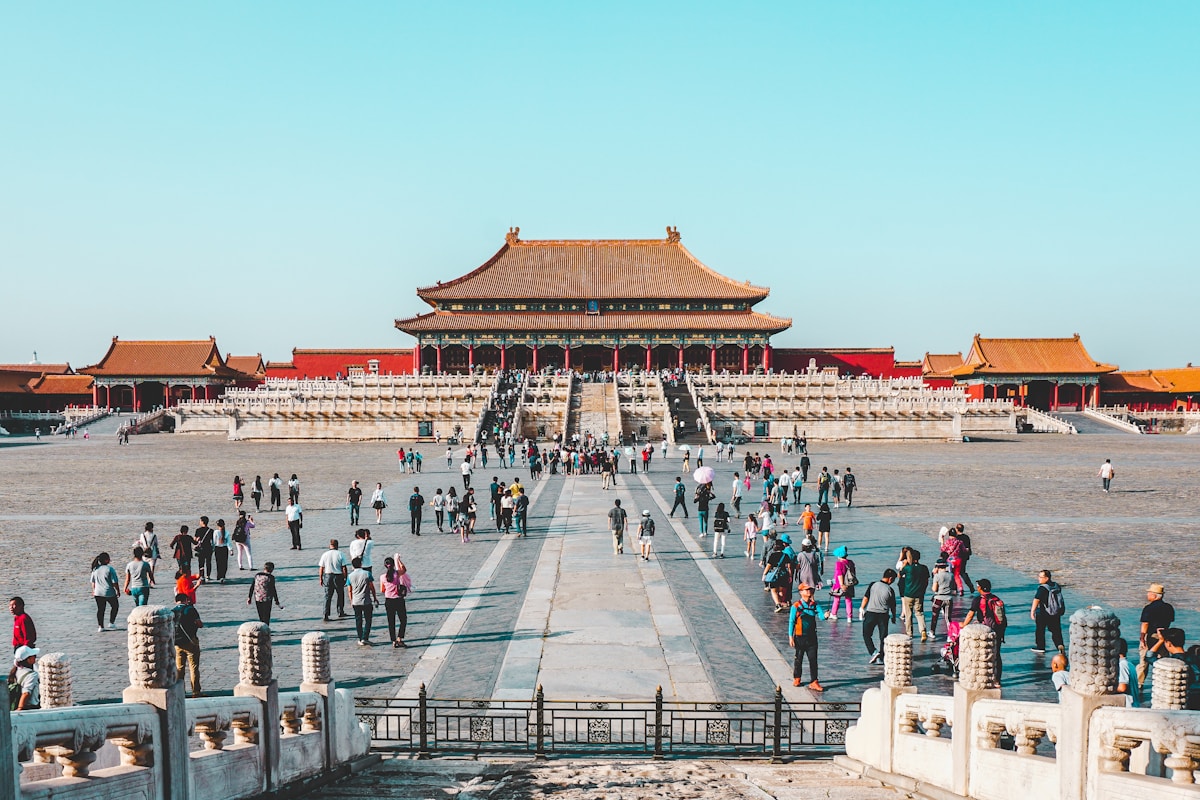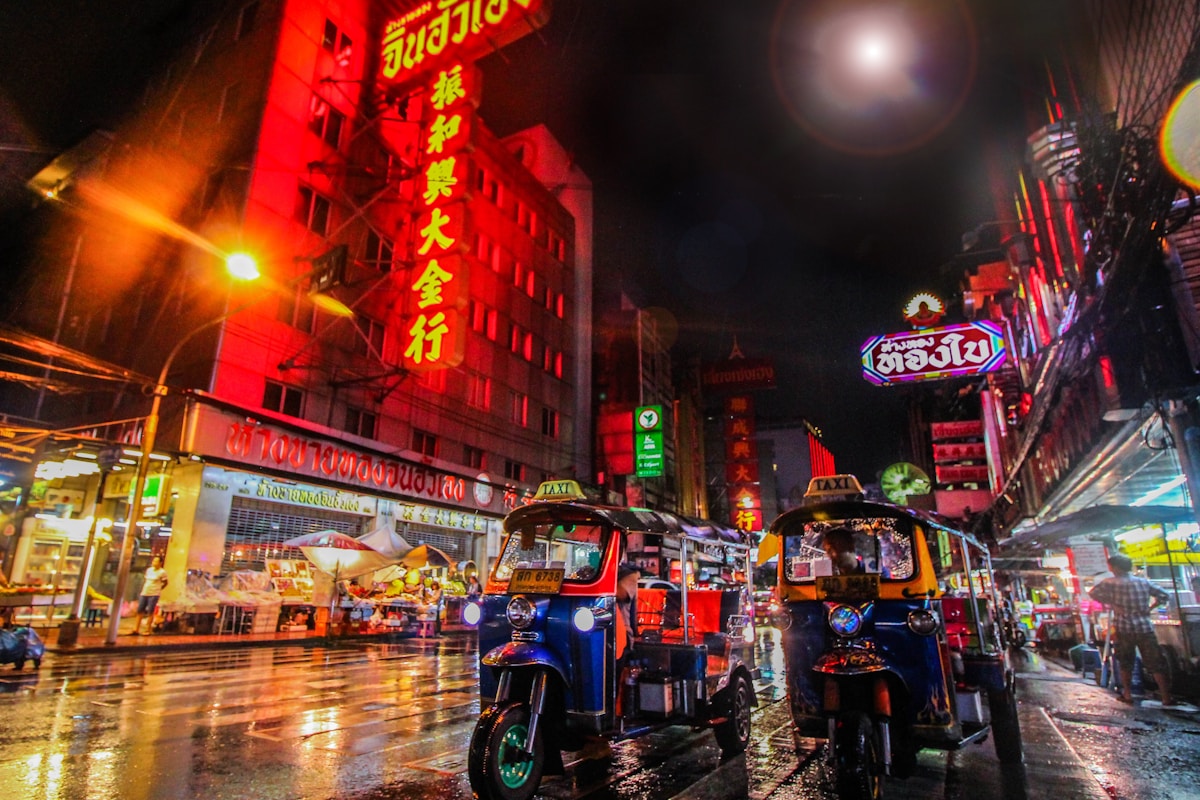While in Chiang Mai I was able to participate in the Buddhist tradition of Tak Bat, a very important part of the culture of Thailand. The Buddhist monks participate in this weekly activity that dates back for generations. A spiritual ritual where we gift food to Buddhist monks and teachers who have in turn taught us about goodness and virtue. It is their main purpose to preserve and practice Buddhist teachings.
We are expected to take care of the Buddhist monk’s physical needs as they in turn are taking care of our spiritual needs. This rare and unique opportunity should be a part of everyone’s Thailand bucket list. Thailand has the 3rd largest Buddhist population behind China and Japan. Some other Buddhist countries are Sri Lanka, Singapore, Cambodia, Nepal, Vietnam, Taiwan, Bhutan, Myanmar, Mongolia, and Laos just to name a few. It is the official religion of Thailand, following the Theravada school of Buddhism.
What is Buddhism?
Buddhism is a religious path of spiritual development and practice based on spiritual teachings originated by Siddhartha Gautama, universally known as The Buddha. It was believed he obtained spiritual enlightenment and the subsequent religion composed of his teachings, traditions, practices, and belief along with the multiple interpretations of it over the centuries. Involving meditation, chanting, practicing Buddhist traditions, monastic life, literature, and psychology.
With schools of Buddhism and Buddhist studies, it is the world’s fourth-largest religion spread throughout Asia and Indian subcontinents, you can see its influence almost everywhere you go. Almost every tour or trip you will go on here includes monasteries and temples as part of the itinerary. There may be subtle differences in the Buddhist philosophy for example Japanese Buddhism vs Indian Buddhism as you travel from country to country on your trip but the general principles remain somewhat the same.
When does Tak Bat start?
The monks start early in the morning from the Buddhist monasteries as the sun rises, between 5 to 6 a.m. so make sure you get a good plenty of rest the day before. It’s disrespectful to interrupt the ceremony so show up early if you can. Barefooted (a Buddhist way of connecting to nature and the earth) a line of Buddhist monks with the senior monk ahead at the front will lead the progression from the local monastery.

Taking up with others along the roadside you will find yourself with locals and other travelers (westerners mostly) like you who are ready to give. Be mindful and keep wearing modest clothing. You should make sure your legs, chest, and shoulders are covered. Each monk will be carrying an alms bowl and it is Buddhist tradition to place fresh food into them. Rice, a staple of Thailand is the standard food to give them. You can also buy local fruit, milk, juice, and even fish as a gift. Monks typically only have two meals a day.
Offering to the Buddhist Monks
It is customary to gift these foods to the Buddhist monks while crouched or in a kneeling position. Keep your head lowered as you present them with the food. Once the procession has been completed the monks return to their monastery and the food they have received is divided up among each other.

This happens every day as part of the Buddhist teaching so if you are unable to participate or miss it one day don’t worry. If you have a local tour guide they will be able to show you where the Buddhist monastery is and where is a good spot for the full experience. You might also get a few rules on what not to do. Don’t expect a thank you from the monks as they tend not to speak during this as part of the doctrine. I had to get up and move an acceptable distance away to take pictures so as not to block or disrupt anybody else who was still giving alms.
I found the mediation practice to be very uplifting and it filled me with something I could only describe as mindfulness or consciousness or spiritual fulfillment or good karma. It is just hard to describe as I’m sure it will be for you too. I would not personally become a Buddhist but I can see the appeal of Buddhist wisdom.
Make this part of your itinerary when traveling in Chiang Mai. I hope you enjoyed reading this article and plan on doing this in the future. Maybe you will want to participate more in learning about Buddhist practices or learn the history of the life of Buddha or just a basic introduction to Buddhism in your local area. That is what traveling and learning are all about.
This article originally appeared on The World Overload. Featured Photo Credit: Nicholas Rosen




